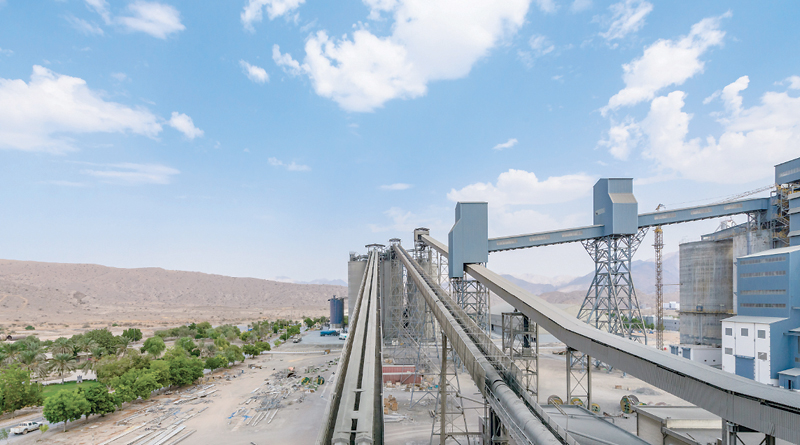

Conrad Prabhu -
MUSCAT, JULY 9 -
The National Programme for Enhancing Economic Diversification (Tanfeedh) is advocating the use of coal-fired captive power capacity to support the development of new cement plants planned in the Special Economic Zone (SEZ) at Duqm.
The use of coal as a potential fuel resource in power generation is being actively studied by various government and public sector stakeholders as part of a wider effort to move the sector away from a predominant reliance on natural gas. The exercise also aims to achieve a more diversified energy base to support the Sultanate’s long-term economic development.
Tanfeedh’s initiative for expanding domestic cement production seeks to offset the nation’s dependence on cements for a hefty 54 per cent of its requirements. It proposes the establishment of at least three new cement plants in the Duqm SEZ.
Cement consumption, according to the National Programme, has soared from 2.7 million tonnes in 2006 to 9 million tonnes in 2015. While local producers Oman Cement and Raysut Cement accounts for 44 per cent of domestic demand, the rest comes from the UAE, it said.
According to Tanfeedh, the proposal for ramping up cement production capacity has the potential to boost the contribution of non-metals to the Gross Domestic Product (GDP) by RO 300 million annually. It will also support the creation of 1,200 direct jobs, and serve the needs of the local construction and infrastructure sector, it said.
The initiative calls for setting up two cement plants at the SEZ each of a capacity of 3 million tonnes per annum. Coal is mooted as a fuel resource for the estimated 80 megawatt captive capacity necessary to run these projects, with any surplus output offered to other projects in the SEZ. Also envisaged is a third cement plant dedicated to the manufacture of white cement, demand for which has grown internationally.
“Accordingly, the initiative aims to establish a white cement plant in the Duqm Special Economic Zone with an annual production capacity of 300,000 tonnes,” said Tanfeedh, noting that an increase in the production is planned in the second phase via the establishment of an identical production line with a capacity of 600,000 tonnes per year.
Also envisioned are two cement grinding plants — one in Duqm and the other in Suhar — each with a capacity of one million tonnes per year.
Oman Observer is now on the WhatsApp channel. Click here



